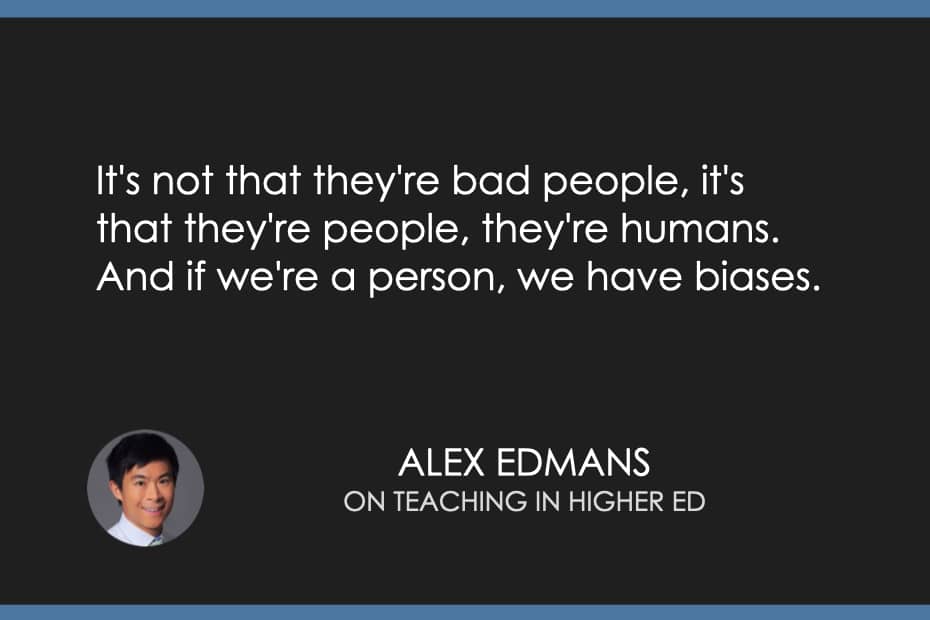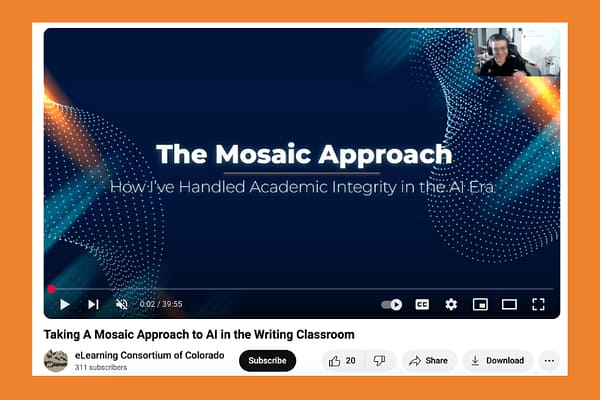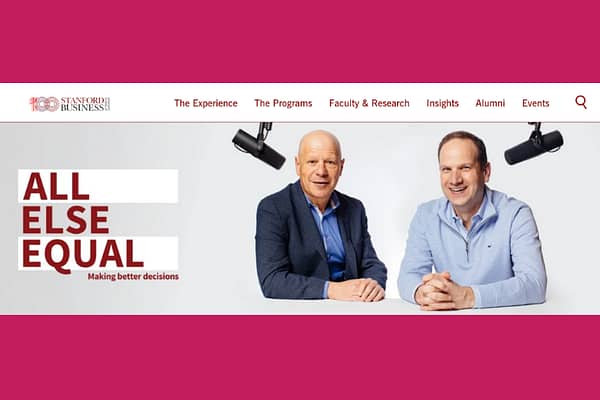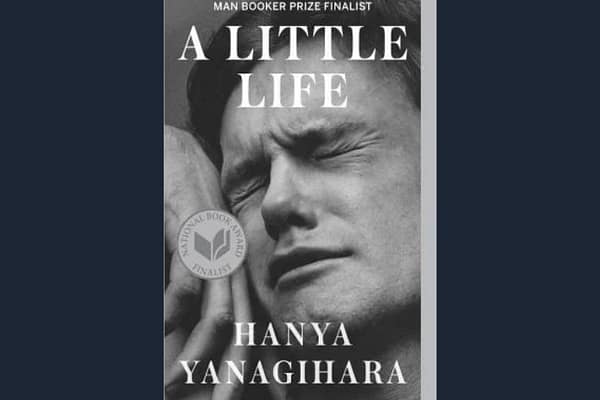Podcast (tihe_podcast):
Play in new window | Download | Transcript
Subscribe: Apple Podcasts | Spotify | RSS | How do I listen to a podcast?
Alex Edmans shares about his book, May Contain Lies: How Stories, Statistics, and Studies Exploit Our Biases and What We Can Do About It on episode 574 of the Teaching in Higher Ed podcast.
Quotes from the episode

We think a lie is basically the opposite of truth. So something is a lie if you can disprove it factually.
-Alex Edmans
What I focus on in my book is a more subtle form of a lie where something could be 100% accurate, but the inferences that we draw from them might be misleading.
-Alex Edmans
It's not that they're bad people, it's that they're people, they're humans. And if we're a person, we have biases.
-Alex Edmans
What I'm trying to highlight is the importance of being discerning. We want to have healthy skepticism, but we want to have the same healthy skepticism to something that we do like as something that we don't.
-Alex Edmans



